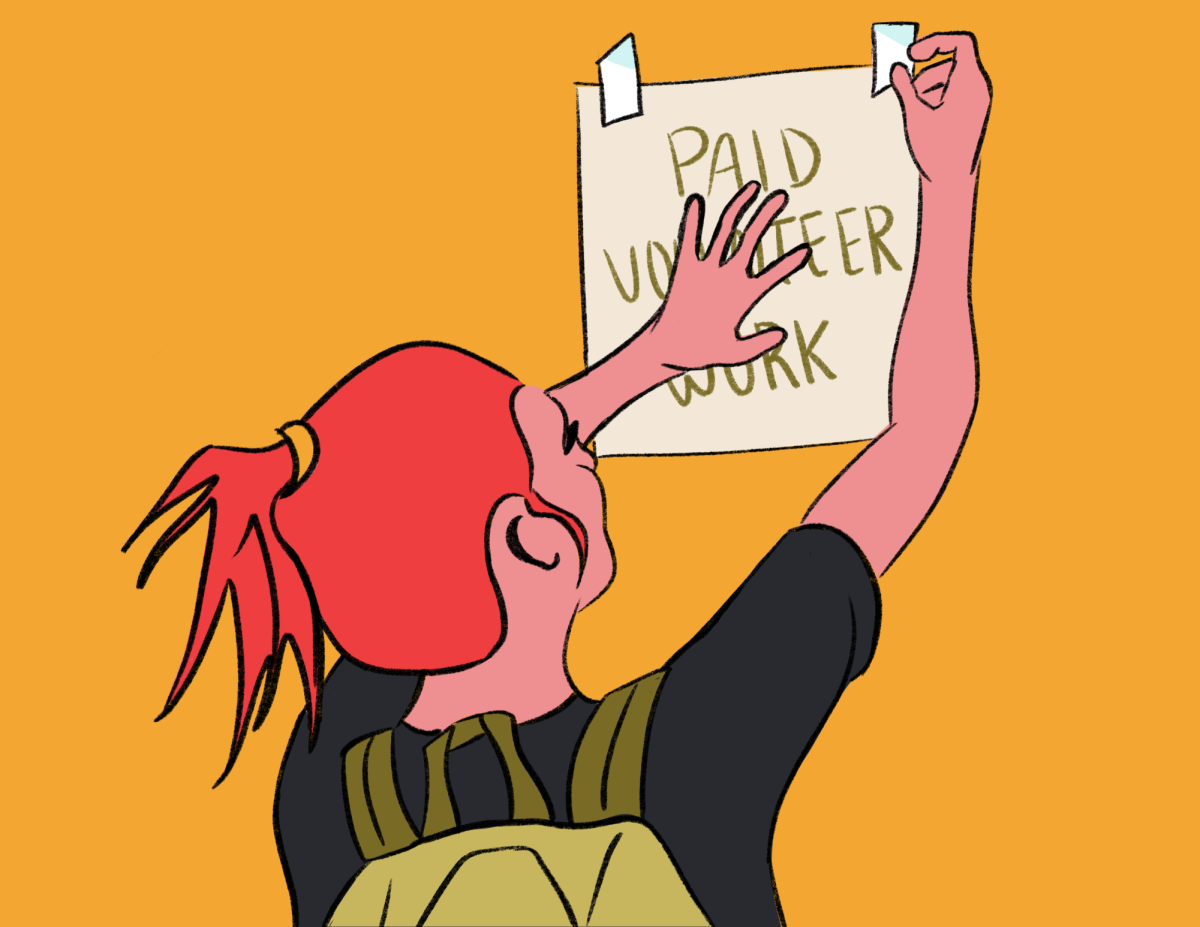Following an eight-month undercover investigation, People for the Ethical Treatment of Animals has filed complaints with the National Institutes of Health and the U.S. Department of Agriculture against U research labs for violating federal law in its mistreatment of research animals.
PETA sent a female employee to work in the labs undercover as an animal caretaker from February to October of 2009 after receiving word about mistreatment of animals in the Harrison Buildinge and the Comparative Medicine Center.
The employee, identified only as LZ for protection, used a hidden camera to videotape alleged violations of federal guidelines for the treatment of animals that occurred in the labs, said Kathy Guillermo, PETA vice president of lab investigations.
PETA is trying to prohibit the continuation of experiments in the labs until an audit is completed, Guillermo said.
The footage shows monkeys being deprived of water as a means to motivate them in experiments, leaving animals dead from malnourishment in their cages for more than a week and allowing animals to suffer by including injecting fluid into kittens’ brains and sticking electrodes into cats’ skulls. The footage also shows alleged lab employees, who were unaware they were being taped, discussing the poor condition of the animals.
The U denies allegations that its scientists continually mistreat animals.
Every lab at the U is inspected twice a year by U officials, randomly throughout the year by the federal government and regularly by an international accreditation agency, said Tom Parks, U vice president of research. Last summer, the U passed an unannounced USDA inspection without any infractions, he said.
Parks said the video was edited unfairly to showcase on the worst moments in the lab’s recent history.
On any given day, there are 50,000 mice, 200 rats and 250 other large animals housed in U labs for research, Parks said. In a city with 50,000 people, there are numerous people with health problems and animals are no different, Parks said, referring to the animal health issues shown in the video. However, that does not mean that the animals don’t die and that there aren’t mistakes in the care of these animals, he said.
Parks said he does not believe that any large organizations, such as hotels and airlines, could withstand an investigation and not find something wrong with the way they operate.
“I don’t think we’ve seen anything that suggests we have systematic problems. We may have individual cases where something was done wrong,” and the U will investigate what they might have been, he said.
In the labs’ defense, Parks said all the modern wonders of medicine, from antibiotics to organ transplants, would not have been possible without animal experimentation.
“If animal experimentation were to stop, most medical progress would stop right along with it,” he said.
The video footage did show mice with tumors, but the researchers gave them the tumors because they were tying to test drugs that treat tumors in people, Parks said.
U scientist Mario Capecchi won a 2007 Nobel Prize because he figured out how to use mice as models for human diseases. Researchers are using this model to make new discoveries to help treat Alzheimer’s disease, strokes, paralysis, tumors and cancer, which PETA overlooks completely in its complaints, Parks said.
Guillermo said the issue PETA has is with the violations, not scientific progress. She said the U does not need to violate the law to experiment.
Parks said the U has no plans to stop research, since PETA has no authority to do anything except complain.
In the second part of its complaints, PETA alleges animal shelters were selling homeless cats and dogs to the U for testing. Utah is one of two states that allow this to happen, as most other labs purchase animals through breeders who raise animals specifically for research, Guillermo said. Obtaining animals through the shelters is cheaper and PETA has asked shelters in Utah to stop selling animals to the labs, she said.
“The University of Utah has caused all sorts of animals to suffer needlessly and has betrayed not only homeless dogs and cats from shelters but also the citizens who trusted that these animals would be cared for, not used in painful and deadly experiments,” Guillermo said in a statement.
LZ was not available for comment. However, she will be available to federal investigators, Guillermo said.
Rita Totten contributed to this article.
 Thien Sok/The Daily Utah Chronicle
Thien Sok/The Daily Utah ChronicleKathy Guillermo, PETA vice president of lab investigations, reveals findings of an eight-month undercover investigation of animal cruelty inside U labs at a press conference held at the Salt Lake City Marriott City Center.










